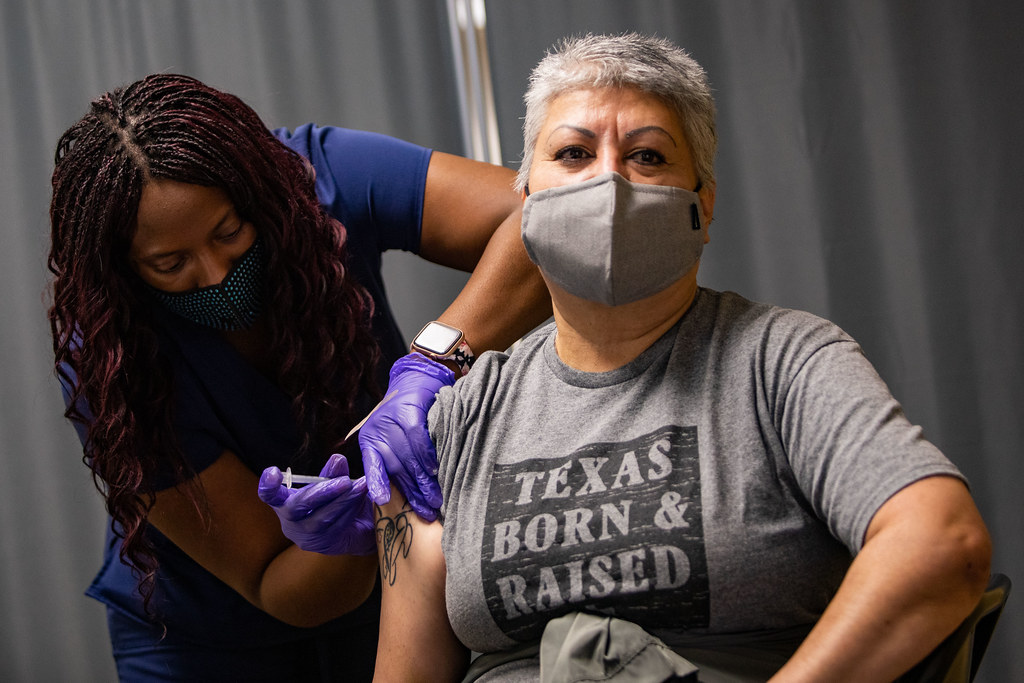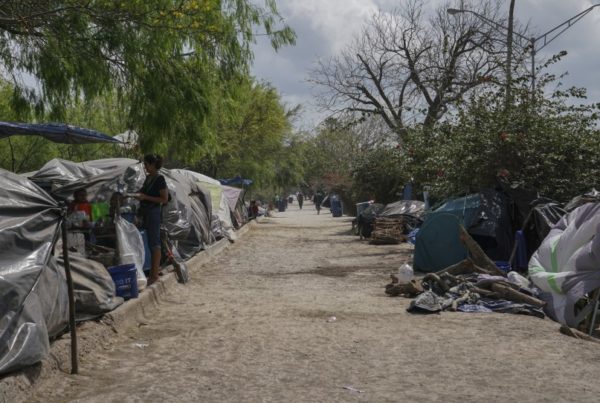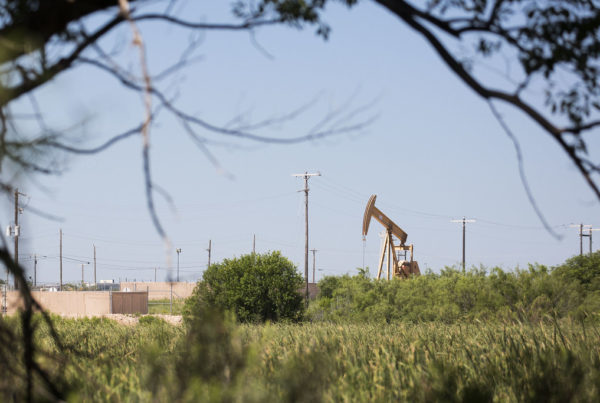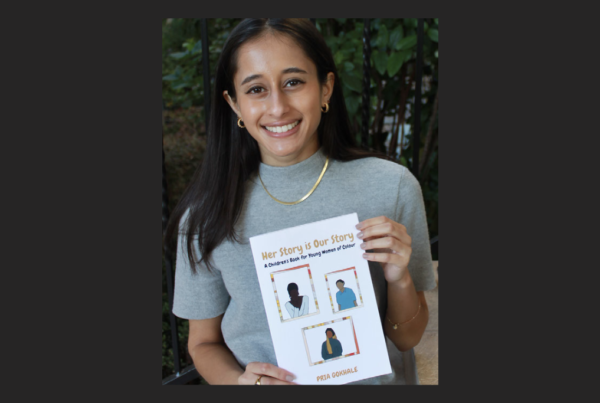Texas COVID-19 vaccination hubs have temporarily halted their use of the Johnson & Johnson vaccine under the advice of state health officials, the Centers for Disease Control and Prevention and the Food and Drug Administration. Six women out of nearly 7 million Americans who have received the J&J vaccine have experienced rare and potentially serious blood clots after vaccination. No cases of blood clots have been reported yet in Texas, where more than 500,000 people have received the J&J vaccine.
“I want to stress that this is not just rare, it’s exceedingly rare,” said Texas Public Radio’s Bonnie Petrie in an interview with the Texas Standard. Petrie reports on bioscience and medicine for TPR and also hosts the podcast, “Petrie Dish.”
Petrie says less than one in a million people have gotten clots from the J&J vaccine, One person has died and another is in critical condition, which is why most health experts agreed that pausing J&J vaccinations was appropriate.
President Biden said the temporary halt of the J&J vaccine shouldn’t slow down COVID-19 vaccination efforts overall. Infectious disease experts in San Antonio have told Petrie there shouldn’t be major impacts there since the city has had a far larger supply of the Pfizer and Moderna vaccines. But it could affect some San Antonians who are harder to reach.
“Like people who will get their vaccines from a mobile vaccine unit such as a bus or a van that comes to their area,” Petrie said. “J&J made that type of administration much easier because it doesn’t require cold storage, and it’s one and done.”
Some health experts are concerned that the halt could add to some people’s feelings of existing vaccine hesitancy. But infectious disease expert Dr. Ruth Berggren of the University of Texas Health Science Center in San Antonio has told Petrie others may feel reassured by the halt because it shows the regulatory system is working.
“She hopes people will look at it a different way,” Petrie said, “that the FDA and the CDC are watching this so closely and they’re not afraid to go public when they’re concerned about something, even if it’s one in a million.”















